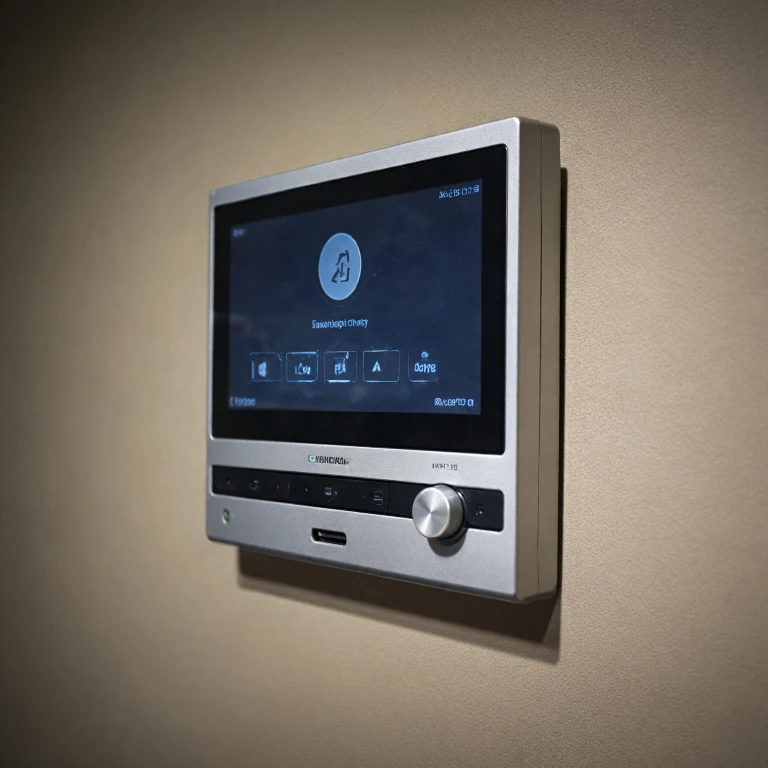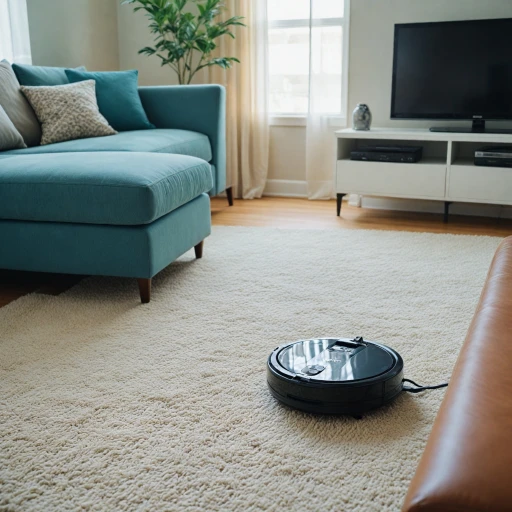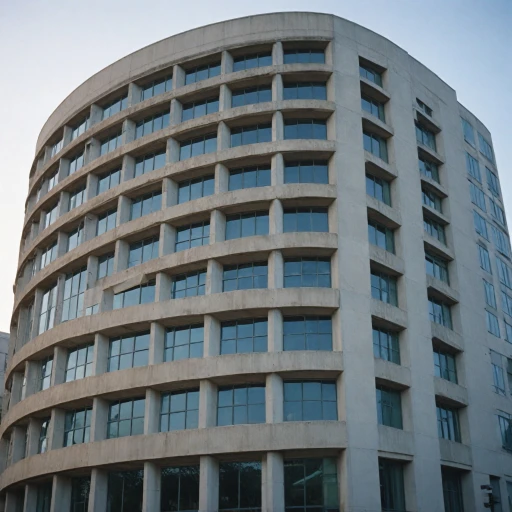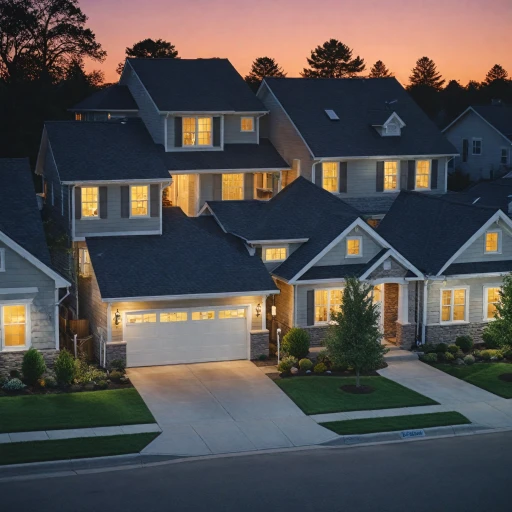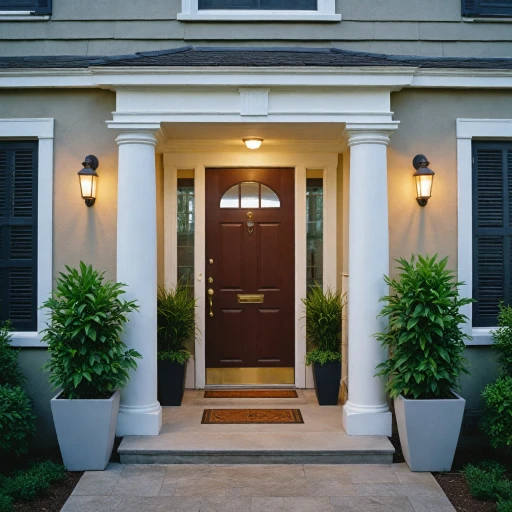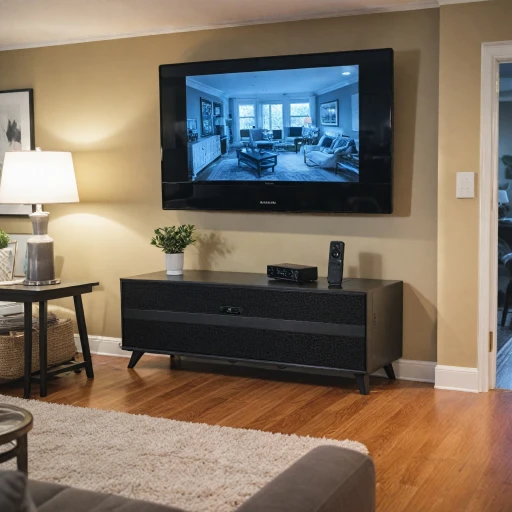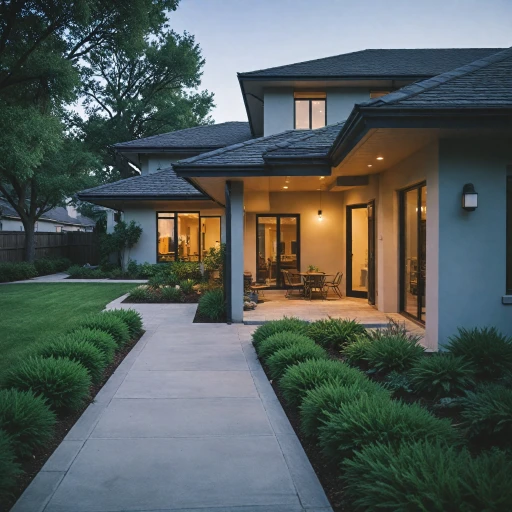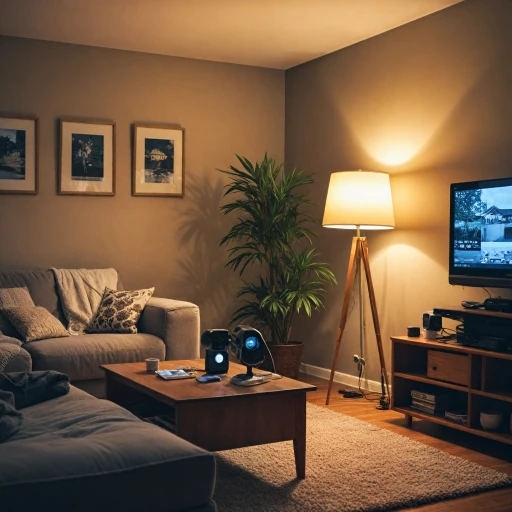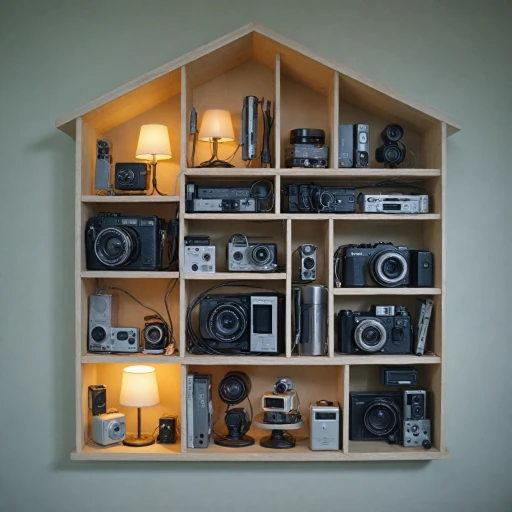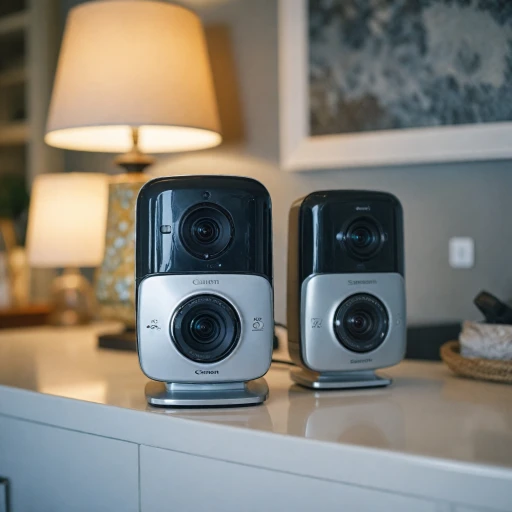
What is an NVR Hard Drive?
Understanding the Role of NVR Hard Drives
An NVR, or Network Video Recorder, is a crucial component of modern home security systems, serving as the cornerstone for recording and storing video footage captured by security cameras. At the heart of an NVR system is its hard drive, which plays a pivotal role in ensuring that video surveillance remains uninterrupted and secure.
Unlike traditional DVRs, which rely on analog signals, NVRs record video directly from network security cameras using IP (Internet Protocol), allowing for higher quality video and more advanced features. As these systems predominantly use digital networks, the hard drive, often referred to as HDD, is responsible for handling digital video files, providing expansive storage for extended recording durations. This makes the internal hard drive a critical component in maintaining a reliable security system.
The choice of a hard drive in an NVR is crucial because it determines how much video footage can be stored and how efficiently the system can function. Surveillance-grade hard drives, such as those designed by companies like Western Digital, are recommended due to their durability and performance in continuous operation, ensuring long-term reliability for video surveillance systems.
Furthermore, the storage capacity of an NVR hard drive is dictated by several factors, including the number of connected security cameras, the resolution of video recording, and the desired retention period of video files. These elements impact not only the initial purchase price but also the ongoing efficiency of the security system, as a well-matched hard drive can seamlessly power your camera system while reliably storing essential data.
Importance of Storage Capacity
Why Storage Capacity Matters
When it comes to home security systems, the storage capacity of your NVR hard drive is a critical factor. The amount of data your system can store directly impacts how effectively it can record and retain video footage from your security cameras. Here's why:
- Continuous Recording: Security cameras often operate 24/7, capturing every moment. A larger storage capacity ensures that you can keep more footage without the need to frequently delete or overwrite existing data.
- High-Resolution Footage: Modern security cameras offer high-definition video, which requires more storage space. If your system records in HD or even 4K, you'll need a hard drive that can handle the increased data load.
- Retention Period: Depending on your security needs, you might want to keep footage for several weeks or months. A higher capacity NVR hard drive allows for longer retention periods, which can be crucial for reviewing incidents or providing evidence.
- Multiple Cameras: If your security system includes multiple cameras, each one will contribute to the overall data storage requirement. Ensuring your NVR has enough capacity to handle input from all cameras is essential.
Choosing the right storage capacity is not just about current needs but also future-proofing your system. As you consider adding more cameras or upgrading to higher resolution models, having a robust storage solution will save you from potential headaches down the line.
Choosing the Right NVR Hard Drive
Selecting the Right Hard Drive for Your Surveillance Needs
In the world of home surveillance, choosing the right NVR hard drive is crucial for ensuring your camera system functions optimally. Several factors influence this decision, affecting both the performance and the cost of your security setup.
First, consider the storage capacity required. This is largely determined by the number of cameras in your system, the resolution of recorded video, and the desired retention period for footage. A higher capacity drive, such as those in Western Digital's "digital purple" range, can accommodate more footage at higher resolutions, making them ideal for extensive surveillance systems.
Next, pay attention to the surveillance-grade build of the hard drive. Surveillance-grade drives are specifically designed to handle continuous video recording, which involves high write loads that could overwhelm standard drives. These products are engineered to managemultiple data streams, ensuring reliable operation under the demanding conditions of a security system.
Additionally, assess the compatibility of the HDD with your existing system. Whether you are integrating it into a standalone NVR, a DVR, or a hybrid setup, ensure that the drive interfaces seamlessly with your hardware. Some surveillance systems may even offer support for cloud storage, providing an alternative or supplementary option to traditional storage drives.
Comparing the price and performance ratio of different models is also essential. Though it's tempting to opt for the least expensive option, investing in a robust, high-quality hard drive can prevent additional costs and complications associated with data loss or drive failure.
Finally, consider the power consumption and noise levels of the drive, especially if the NVR is located in a living area. Energy-efficient models can reduce your security system's overall power usage and prolong its lifespan, while quieter drives minimize disruptions in your home environment.
Installation and Setup Tips
Setting Up Your NVR Hard Drive for Optimal Performance
Getting your NVR hard drive properly installed and set up is crucial for ensuring the security cameras in your systems function effectively. Here's a simple guide to help you through this process.- Choose the Right Location: Begin by selecting the best possible location for your NVR system. It should be situated in a secure and well-ventilated area to prevent overheating issues that might affect the performance of surveillance-grade hard drives.
- Connecting Your NVR to the Network: Make sure your NVR is properly connected to your network. This involves linking the network cable from your router to your NVR system, allowing seamless data flow and remote access to video surveillance.
- Power Considerations: Ensure adequate power supply to avoid disruptions. Using an uninterrupted power supply (UPS) provides a stable power flow, protecting your device against sudden outages which can interfere with continuous video recording.
- Drive HDD Mounting: When mounting the NVR hard drive, follow the manufacturer's instructions. Some security camera systems may need specific tools for installation hard drives effectively. Confirm the HDD is securely placed and connected to the system.
- Formatting the Hard Drive: Before you start capturing footage, format your hard drive via the NVR's settings menu. This step is vital for ensuring optimal storage utilization and improving the overall performance of digital video recorders in your security systems.
Maintaining Your NVR Hard Drive
Regular Maintenance for Optimal Performance
Maintaining your NVR hard drive is crucial for ensuring the longevity and reliability of your home security system. Regular maintenance helps prevent data loss and ensures that your surveillance footage is always accessible when you need it. Here are some tips to keep your NVR hard drive in top shape:
- Regularly Check Storage Capacity: Ensure that your hard drive has enough space to store new footage. Overloading the storage can lead to performance issues and potential data loss. Consider upgrading to a larger capacity drive if you frequently run out of space.
- Monitor Drive Health: Use built-in tools or third-party software to monitor the health of your hard drive. This can help you detect potential issues early, such as bad sectors or overheating, which could compromise your security system.
- Keep Firmware Updated: Regularly update the firmware of your NVR and hard drive. Manufacturers often release updates that improve performance, add new features, and fix security vulnerabilities.
- Ensure Proper Ventilation: Overheating can significantly reduce the lifespan of your hard drive. Make sure your NVR is placed in a well-ventilated area to prevent overheating.
- Back Up Important Footage: Regularly back up critical footage to an external drive or cloud storage. This ensures that you have a copy of important data in case of a hard drive failure.
Addressing Common Issues
Even with regular maintenance, you might encounter issues with your NVR hard drive. Here are some common problems and how to address them:
- Drive Not Recognized: If your NVR doesn't recognize the hard drive, check the connections and ensure that the drive is properly seated. If the issue persists, try connecting the drive to a different port or using a different cable.
- Frequent Crashes: Frequent crashes could indicate a failing hard drive. Run diagnostic tests to check for errors and consider replacing the drive if problems persist.
- Slow Performance: If your system is running slowly, it might be due to a fragmented hard drive. Regularly defragment your drive to improve performance.
By following these maintenance tips and addressing issues promptly, you can ensure that your NVR hard drive continues to provide reliable storage for your home security cameras.
Troubleshooting Common Issues
Identifying Problems and Solutions
When dealing with your NVR hard drive, you might face some common issues that can interrupt your surveillance system's performance. Here's a quick guide to troubleshooting some of these challenges and ensuring your security cameras keep running smoothly.
Storage Space Shortfalls
A common issue is running out of storage capacity, which can be resolved by either upgrading your internal hard drive or considering additional storage options. A Western Digital surveillance-grade HDD could be a suitable choice, providing reliable performance for storing extensive video footage from your security cameras.
Drive Power and Connectivity Issues
Sometimes, connectivity issues or insufficient power supply to the video recorder can cause your system hard drive to malfunction. Ensure that all cables are correctly connected, and test the power supply for any irregularities. Make sure that your camera system's power source matches the requirements for each component of your security system.
Data Corruption Concerns
Data corruption can result in lost footage, which is a significant risk for any surveillance systems. Regularly backing up your data is advised, and investing in a drive security mechanism can mitigate these risks. Additionally, consider a cloud storage solution to have a backup option for critical surveillance footage.
System Compatibility Challenges
Ensure that the NVR hard drive you add is compatible with your existing digital security system to avoid installation headaches. Opting for products designed specifically for NVR use, such as the digital purple line of hard drives, can minimize potential compatibility issues.
Price Considerations for Replacement
When a problem requires a hard drive replacement, consider both the initial price and long-term benefits of your choice. Investing in a higher quality grade hard drive now can save you from frequent troubleshooting in the future.
By addressing these common issues with your NVR system and implementing proactive solutions, you can ensure that your security cameras and entire surveillance system operate reliably and effectively.

